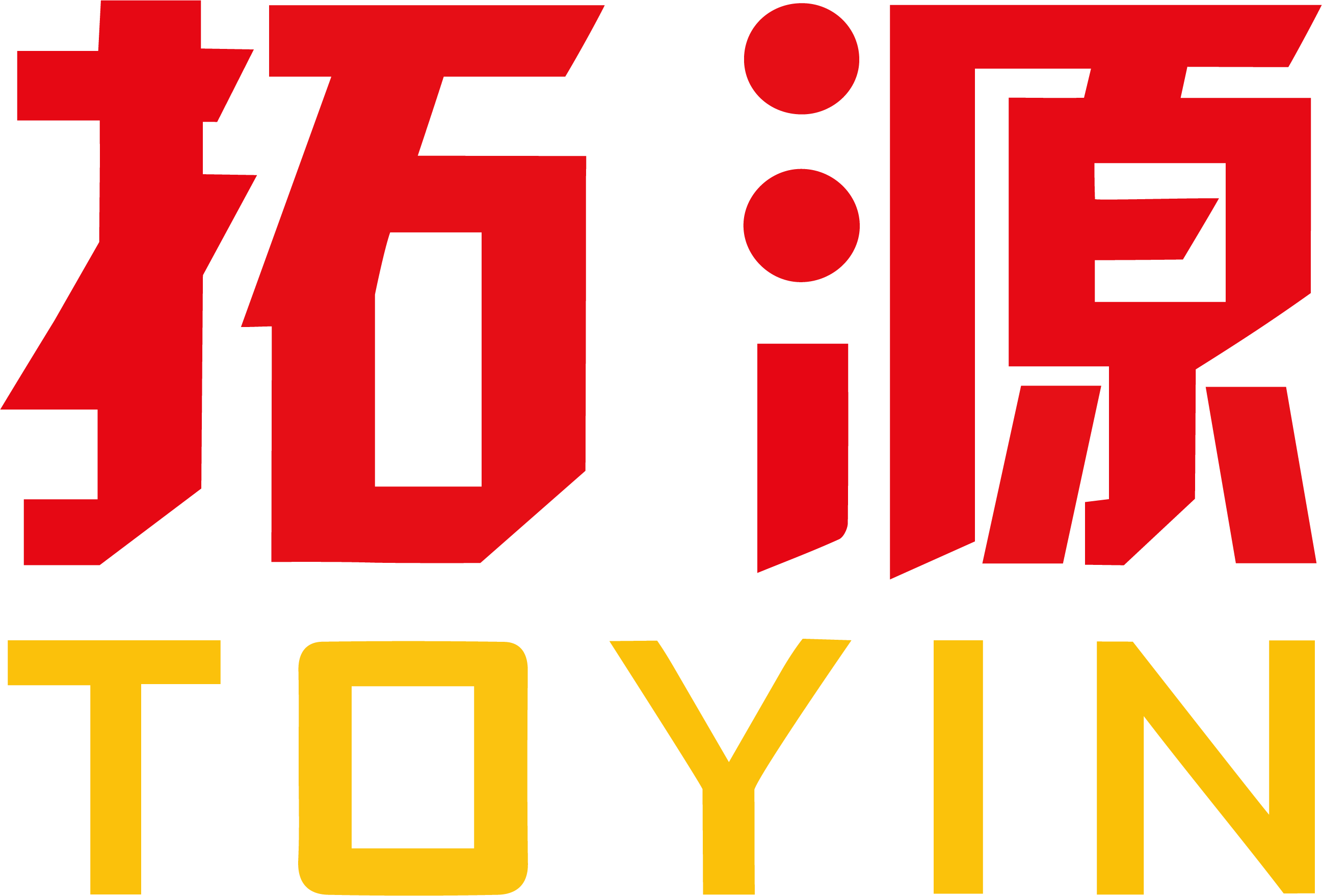One-Sentence Definition
Lucite is a premium brand of acrylic plastic, specifically polymethyl methacrylate (PMMA), renowned for its exceptional clarity, durability, and resistance to weathering, widely used as a high-end alternative to glass in various industries.[Britannica]
Detailed Explanation
Lucite, originally developed by DuPont in the 1930s and now owned by Lucite International (a Mitsubishi Chemical company), is a registered trademark for a type of PMMA—an advanced thermoplastic. While the term "acrylic" refers broadly to plastics made from PMMA, Lucite distinguishes itself through higher purity, stricter manufacturing standards, and superior optical and physical properties. This makes Lucite especially valued in applications where maximum transparency, UV resistance, and long-term durability are essential.[Acme Plastics]
A common misconception is that Lucite and acrylic are interchangeable. In reality, all Lucite is acrylic, but not all acrylic is Lucite. Lucite is considered the gold standard among acrylics, offering slightly better clarity, UV resistance, and chemical durability than generic acrylic brands.[cpresence.com]
Key Components of Lucite
Material Base: Polymethyl methacrylate (PMMA), a synthetic polymer known for its glass-like transparency and strength.
Manufacturing Quality: Lucite is produced with higher purity and more rigorous quality controls than standard acrylics, resulting in enhanced optical clarity and resistance to yellowing.
Physical Properties: High light transmittance (up to 92%), excellent weatherability, impact resistance, and the ability to be molded or cast into various shapes.
Brand Heritage: Developed by DuPont, now part of Lucite International under Mitsubishi Chemical, representing the premium segment of acrylic materials.
Real-World Applications
Lucite’s unique properties make it the material of choice for:
Luxury Furniture: Coffee tables, chairs, and shelves that require both strength and a crystal-clear appearance.
Display Cases: Museum-grade and retail display cases where clarity and protection are paramount.
Jewelry and Art: Carvable and dyeable, Lucite is popular in high-end jewelry and art sculptures.
Automotive Parts: Used in headlight covers and interior accents for its durability and clarity.
Awards and Trophies: Preferred for commemorative pieces that must remain clear and untarnished over time.
Lucite’s clarity and versatility allow for creative applications, such as embedding objects within awards or commemorative pieces.
Lucite vs. Acrylic: Comparison Table
Feature | Lucite (Premium PMMA) | Generic Acrylic (PMMA) |
|---|---|---|
Optical Clarity | Exceptional | High, but variable |
UV Resistance | Superior | Good to moderate |
Chemical Resistance | Superior | Good |
Durability | Excellent | Good |
Brand Control | Strict (Trademarked) | Varies |
Typical Applications | High-end, luxury | General-purpose |
Related Concepts
Acrylic: The generic term for plastics made from PMMA, used in a wide range of products from signage to aquariums.
PMMA: The chemical name for the polymer base of Lucite and other acrylics.
Plexiglas & Perspex: Other major brands of PMMA-based acrylic, each with their own manufacturing standards.
Resin: A broader category of synthetic materials, not all of which are PMMA or acrylic.
For more on the differences between Lucite, acrylic, Plexiglas, and Perspex, see Acme Plastics’ guide.
Conclusion
Lucite stands out as the premium choice in the world of acrylics, offering unmatched clarity, durability, and resistance to environmental factors. Whether for luxury furniture, high-end displays, or creative art, Lucite delivers both beauty and performance, making it a preferred material for designers and manufacturers seeking the best in transparent plastics.

